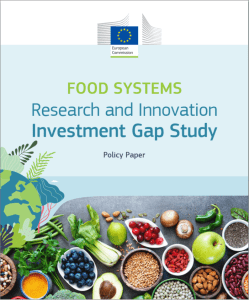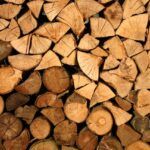The Council adopted its negotiating position (general approach) on a proposal to limit the consumption of products contributing to deforestation or forest degradation.
The Council agreed to set mandatory due diligence rules for all operators and traders who place, make available or export the following products from the EU market: palm oil, beef, timber, coffee, cocoa and soy. The rules also apply to a number of derived products such as leather, chocolate and furniture.
The Council simplified and clarified the due diligence system, while preserving a strong level of environmental ambition. The general approach avoids duplication of obligations and reduces administrative burden for operators and member states’ authorities. It also adds the possibility for small operators to rely on larger operators to prepare due diligence declarations.
The Council agreed to set up a benchmarking system, which assigns to third and EU countries a level of risk related to deforestation (low, standard or high). The risk category would determine the level of specific obligations for operators and member states’ authorities to carry out inspections and controls. This would mean an enhanced monitoring for high-risk countries and simplified due diligence for low-risk countries. The Council clarified the control obligations and set quantified objectives of minimum control levels for standard- and high-risk countries. The purpose is to set effective and targeted measures.
The Council maintained provisions regarding effective, proportionate and dissuasive penalties and enhanced cooperation with partner countries, as proposed by the Commission.
The Council modified the definition of ‘forest degradation’ to mean structural changes to forest cover, taking the form of the conversion of primary forests into plantation forests or into other wooded land.
Lastly, the Council strengthened the human rights aspects of the text, notably by adding several references to the United Nations Declaration on the Rights of Indigenous Peoples.

Food systems |
Background and next steps
The Commission published its proposal for a regulation on 17 November 2021. The main driver of global deforestation and forest degradation is the expansion of agricultural land, which is linked to the production of those commodities included in the scope of the regulation. As a major consumer of such commodities, the EU can reduce its impact on global deforestation and forest degradation by adopting new rules to regulate the entry into the EU market and the export from the EU of these commodities in a way that makes sure these products and supply chains are ‘deforestation-free’.

Green Deal: pioneering proposals to restore Europe’s nature by 2050 and halve pesticide use by 2030 |







Leave a Reply